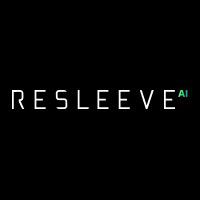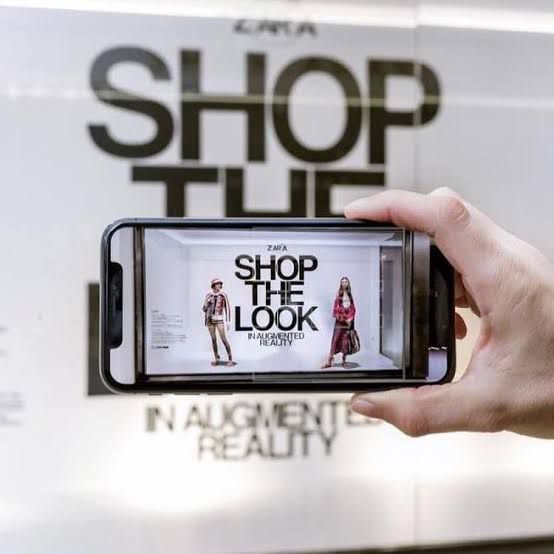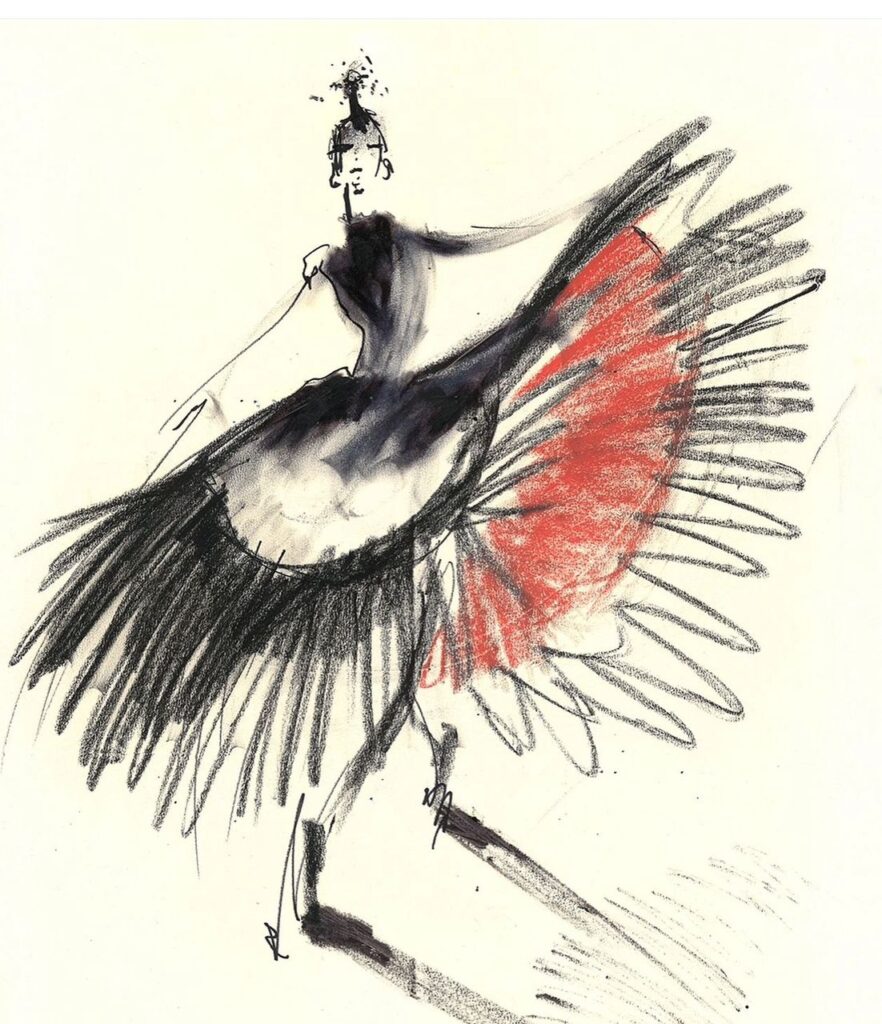

Fashion and technology have always influenced culture, society, and economics. In recent years, combining these two domains has led to transformative changes in the fashion industry, with Artificial Intelligence (AI) playing a pivotal role. In this article, we will explore the integration of AI in fashion, highlighting its impact on fashion design, manufacturing, marketing, and consumer experience.
AI IN FASHION DESIGNTraditionally, fashion design has been a creative process driven by human intuition and artistic vision. However, AI is revolutionizing this space by augmenting the capabilities of designers and enabling new possibilities. AI-powered design tools such as Resleeve, Cala, TeeAI, and others use machine learning algorithms to analyze vast datasets of fashion trends, historical designs, and consumer preferences. These tools can generate innovative design concepts, predict upcoming trends, and even create personalized fashion items tailored to individual tastes.

AI IN MANUFACTURING AND SUPPLY CHAIN MANAGEMENTAI is also making waves in fashion manufacturing. It can improve quality control by automatically detecting defects in fabrics and garments. AI can also analyze fabrics to predict how they behave in production and create 3D models for better-fitting clothes with less wasted materials. Additionally, AI helps with production planning by forecasting demand, leading to less overstock and faster turnaround times. Furthermore, AI-driven supply chain management systems can track and analyze data from various sources, such as suppliers, manufacturers, and retailers, to optimize inventory levels, reduce lead times, and enhance overall supply chain efficiency.

AI IN MARKETING AND CONSUMER EXPERIENCEThe rise of e-commerce has fundamentally changed the way consumers shop for fashion. AI plays an important role in enhancing the online shopping experience by providing personalized recommendations, improving search functionality, and enabling virtual try-ons.Personalized recommendations are perhaps the most visible application of AI in retail. Algorithms analyze user behavior, purchase history, and preferences to suggest products that are likely to appeal to individual customers. This not only enhances the shopping experience but also increases sales and customer loyalty. Retail giants like Amazon and Alibaba have successfully implemented AI-driven recommendation systems, significantly boosting their revenues.Virtual try-ons are another exciting development made possible by AI. Augmented reality (AR) and AI technologies allow customers to visualize how clothes will look on them without physically trying them on. Companies, including Zara and Sephora have introduced virtual fitting rooms and AR mirrors in their stores, allowing customers to try on clothes and makeup virtually. This innovation not only improves customer satisfaction but also reduces return rates, which is a major challenge in the fashion industry.

ETHICAL IMPLICATIONS AND CHALLENGESWith the implementation of the European Union AI Act, which came into force on the 1st of August, 2024, there are various regulations which AI providers must comply with across all systems, including those concerned with fashion. AI in fashion is great, but it comes with privacy concerns. These AI systems need a lot of data to work, and we need to make sure fashion companies collect store, and use this data responsibly, following data protection rules. Also, the cost of integration can be expensive, and implementing AI solutions may be difficult, especially for smaller manufacturers. Automation through AI could lead to job losses in the manufacturing sector. However, AI is also likely to create new opportunities in areas like data analysis and system maintenance.The embracing of AI to create dresses and clothing designs in the couture fashion world has been almost nonexistent because of the age-old art of hand sketching still celebrated and exhibited by designers such as Daniel Roseberry in the Schiaparelli Fall/Winter 2024 collection. AI is a powerful tool, but it cannot replace human expertise. Skilled workers will continue to be essential for tasks like design, quality control, and machine operation.
THE FUTURE OF FASHION AND AIThe integration of AI in the fashion industry is still in its early stages, but its potential is vast. As technology continues to advance, we can expect to see even more innovative applications of AI in fashion. From smart fabrics that adapt to environmental conditions to AI-driven design tools that democratize fashion, the future holds exciting possibilities.Ultimately, the successful integration of AI in fashion will depend on how well the industry addresses ethical considerations, adapts to technological changes, and embraces the potential of AI to enhance creativity, efficiency, and sustainability. The rise of AI in fashion is not just a trend; it is a transformative force that will shape the industry for years to come.
written by : TERSUR SAMUEL ADZEGE .

















Leave a Reply